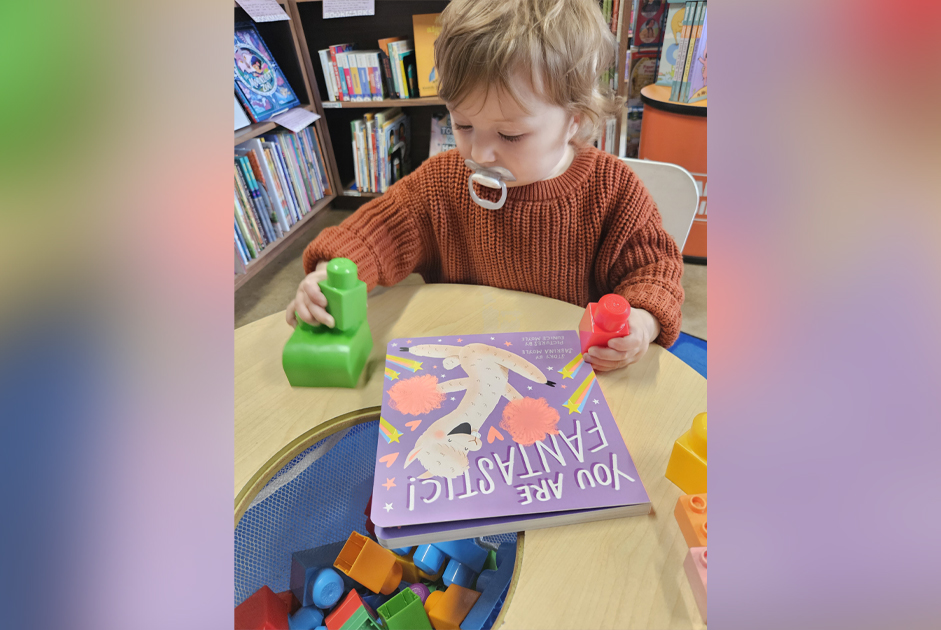The official symbol of the military brat is the dandelion. Why a dandelion? A dandelion flies and grows wherever it lands. As a poem describing military children states, “Children of the world, blown to all corners of the world, we bloom anywhere.”
During April, and especially on April 30, take time to remember the children of our military men and women. We’ve all seen on television and social media those heartwarming surprise reunions when parents show up unexpectedly at their children’s’ schools and sporting events. They tug at our hearts, and we tear up, just seeing the joy and embraces of family members, because in truth, they miss attending and participating in so many milestone activities with their children. It is the reality of many children whose parent or parents serve on deployments around the world. The statistics are surprising.
According to data from care.com:
- Two million children in the United States have a parent on active duty in Iraq or Afghanistan.
- On average, a military family moves every two to three years.Imagine having to be the new kid in class every few years.
- Military children attend from six to nine different schools on average, while a small percentage becomes part of the home-schooled population.
- A deployment usually lasts a year.So, while a civilian parent goes to work and returns home in the evening, a military child may not see their parent for long periods of time. Granted, social media makes communication far better than decades ago; however, the dangers that their parent faces remain constant. Added to the danger element, many are deployed for multiple tours.
- If both parents are in the military, they can be and are in many cases, deployed at the same time.Their children then live with other family members until one or both parent returns. Of the approximately 84,000 dual military couples on active duty, around 36,000 children are impacted.
- Children of military parents are more likely to join a branch of service.It makes sense; it’s the life they’ve grown up with. It’s the life they know.
You may wonder what the plusses of being a military child are. If the family gets to join their parent on assignment, they get to experience life in many corners of the world. Military children develop the ability to adapt to different cultures more easily; they can become almost nomadic, since their roots change so frequently. Asking a military child where they’re from may elicit a puzzled look in response; they have no firm roots. The idea of living in one place their whole life is a foreign concept.
Military children, as indicated by statistics, do find themselves the “new kid in class” frequently. While this may be stressful for many, they also learn to value and develop friendships quickly. Valuing friends left behind, not knowing when or if they’ll see them again may not be easy, but it does develop social adaptability.
Life on military posts or bases, depending on location, can be similar to self-contained communities with shops, grocery stores, recreational options, and schools available. However, some families may elect to live off-post to experience the local culture more fully—from language skills to local traditions, to new foods. What a storehouse of experiences to carry forward through life!
As we give our thanks to our military service people, include their families and especially their children for the sacrifices they make as well. They are the future of our nation.





















